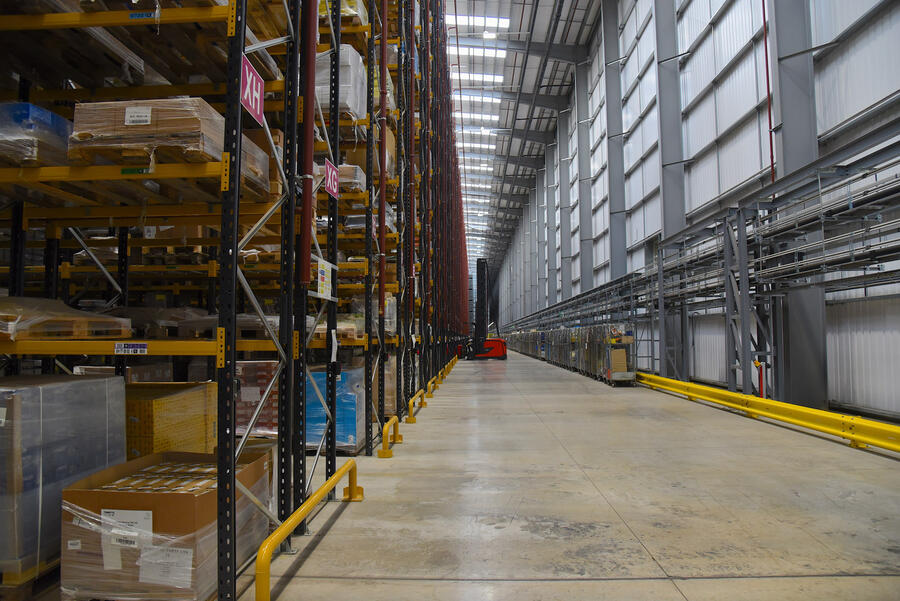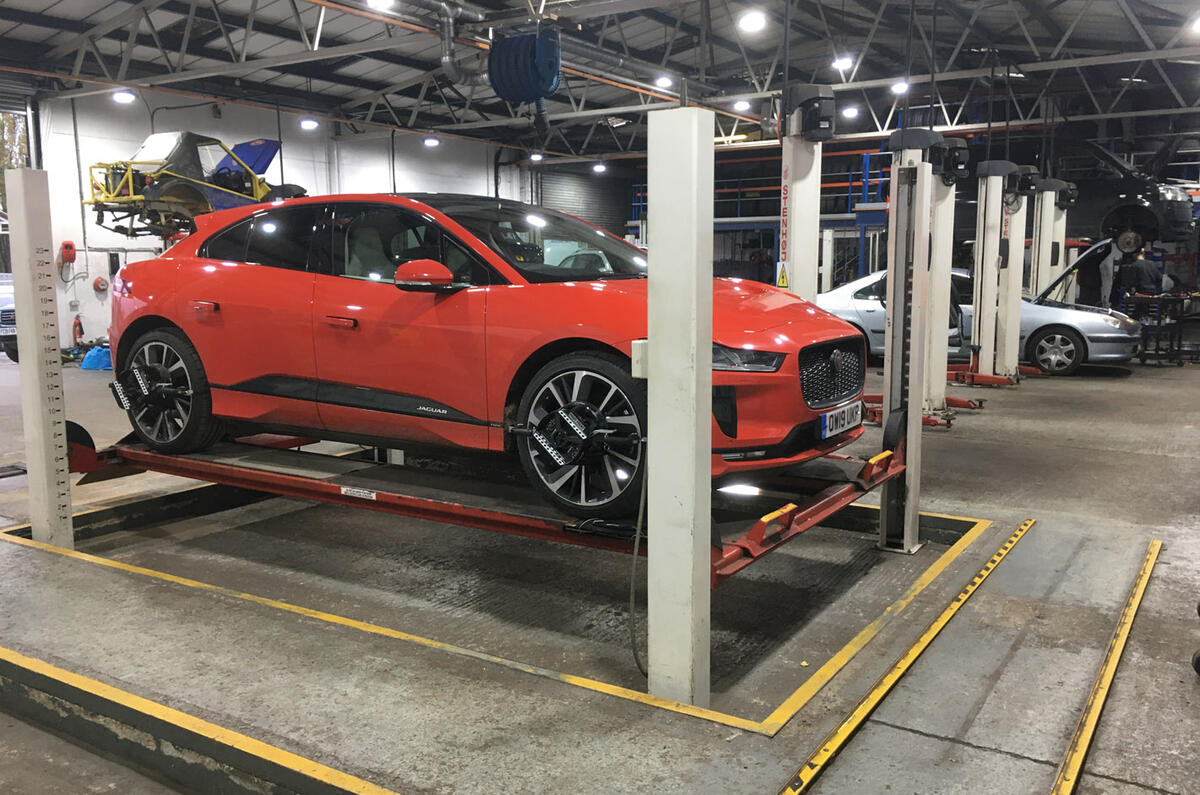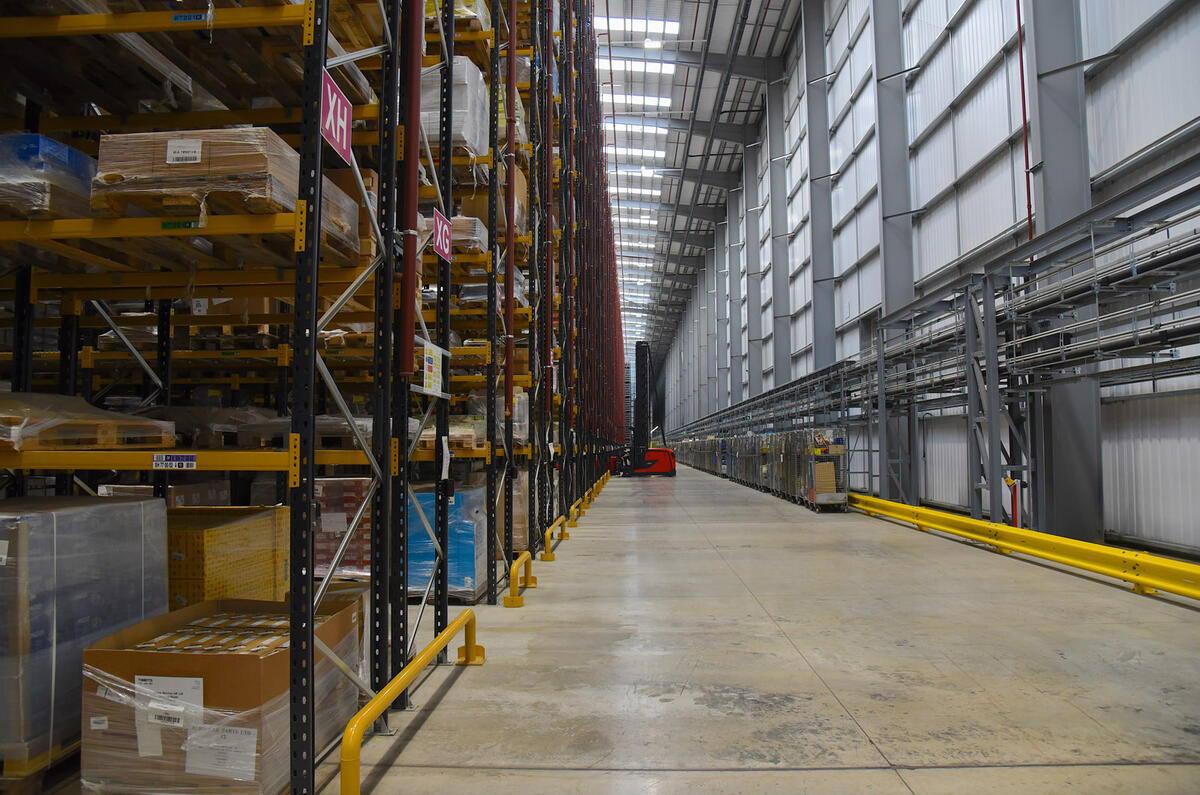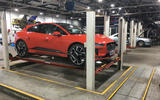When you hear the word aftermarket, you might think of the workshop down the road where you take your car after its warranty runs out, or perhaps a specialist that tunes imported Japanese cars. Perhaps you think of the technician with a tow-truck that dragged you out of trouble that time the car wouldn’t start, or you think of the accessory shop on the edge of town with a window display that’s always oddly filled with cheap plastic wheel trims.
All of these examples are true, but there’s much, much more to the aftermaket. Across the UK, the sector employs more than 350,000 people, and apart from the 25,000- odd general independent garages and one-make specialists, there are tens of thousands of people employed in the complex supply chain of parts and tools. Plus, there are more people than you might think working in component manufacturing, as well as in software engineering.
Every market town has an industrial estate somewhere with three or four trade-only motor factors, usually locked in deadly competition with one another, while that battered-looking accessory shop probably delivers the majority of its orders directly to local garages and is likely a member of a much larger (and possibly international) parts-buying group.
Behind the scenes
Despite this, it would be wrong to suggest that franchised dealers, if not the vehicle manufacturers themselves, don’t work with the aftermarket. In point of fact, your local main dealer may use the aftermarket more than you realise, particularly for jobs that require a lot of specialist tools and knowledge or, crucially, jobs that would fill a ramp in the dealer’s workshop that could be more profitably used to carry out routine service and repair jobs.
Complex diagnostic jobs, where the dealer’s expensive scan tool doesn’t provide a conclusive answer, will often be farmed out to a local specialist. (Tip: odd wiring faults are more often than not down to nesting mice chewing through the loom. There’s no fault code for that.)
Glass replacement, which now often include recalibration of advanced driver assistance systems (ADAS), is regularly done by a specialist third party, as are minor body repairs and some other ‘problem’ jobs, such as pulling and testing diesel injectors.
Block exemption
However, the vast majority of work in the aftermarket takes place away from the dealership. The right to have your car serviced and repaired where you choose is known as BER and has been a right hard won by the sector over decades.
Under BER (correctly known as the Block Exemption Regulations 461/2010), you can have your new car serviced outside of the dealer network. It must be done by a “competent person” working according to the manufacturer’s service schedule and use parts of “matching quality” to the originals. The manufacturer is obliged to provide access to repair and maintenance data, both from the car itself via the diagnostics port and to your garage’s computer tool, using tech known as pass-through.








Join the debate
Add your comment
Although the block exemption contains several provisions that help the aftermarket, it says nothing about servicing during the warranty period - this is a misconception that has been around for years. The reason car makers don't use warranty terms to keep cars within the dealer network is that back in 2003 the Office of Fair Trading (as it was then) carried out a market study on new car warrantie and found (to no great surprise, because it was exactly what the manufacturers were trying to do) that warranty terms had the effect of keeping cars captive in the dealer network. The OFT threatened action under the Competition Act 1998, and the manufacturers became more generous.
Although EU competition rules, including the block exemption which did so much to reduce car price differentials between the UK and the continent in the 1980s, will no longer apply in the UK following withdrawal, the block exemption is given indirect effect under the Competition Act. However, the UK no longer has any say in the form of the block exemption so when the next version comes along it might well be ditched here. After all, it's red tape and it comes from the continent (like so many of our cars ...).
A first rate article, thanks Greg. How will Brexit affect this? My understanding is that BER is a European scheme. Is it now embodied in UK legislation too or do the vehicle manufacturers now have the freedom to ignore BER in the UK? Regarding the aftermarket doing a dreadful job at telling motorists, I think this is because there are no independent national chains with enough capability to maintain and repair the current generation of vehicles across all makes. The independents that carry big company branding (eg Bosch, Delphi) are not a chain, and the technology suppliers who lend their branding are very careful not to upset the vehicle manufactuers as OE sales account for the vast majority of their business. Thanks for the insights; very useful.